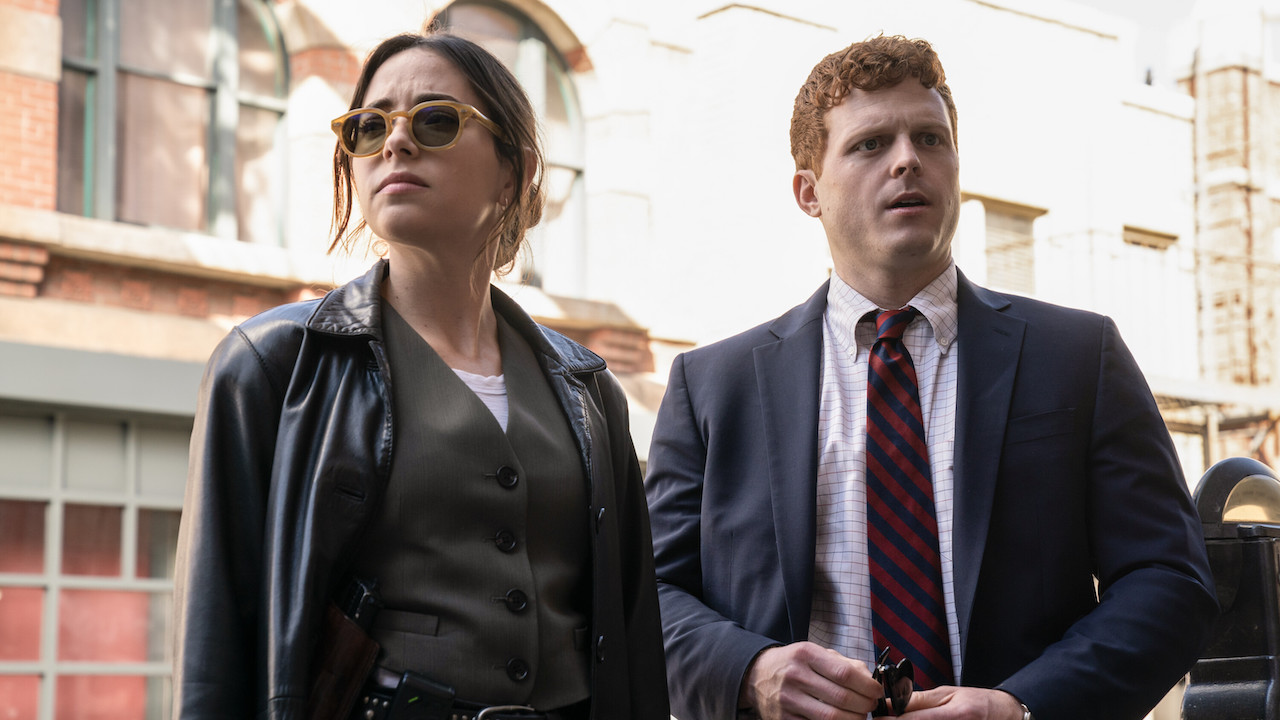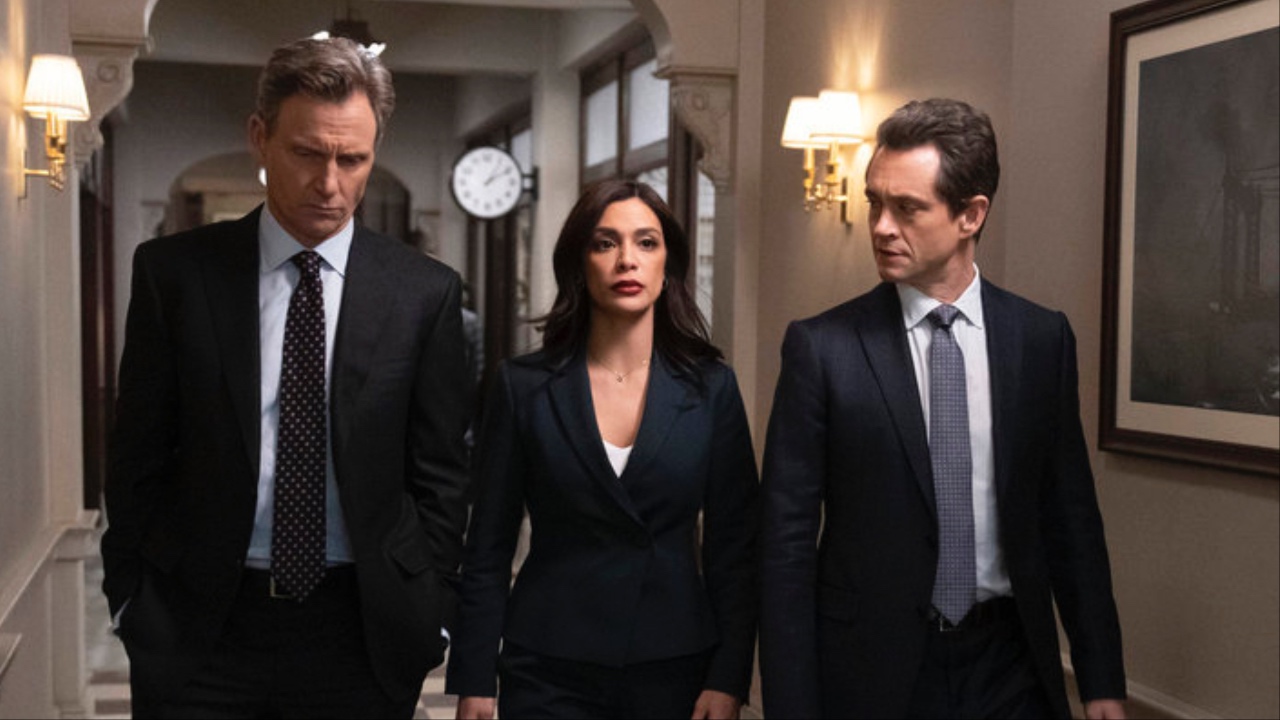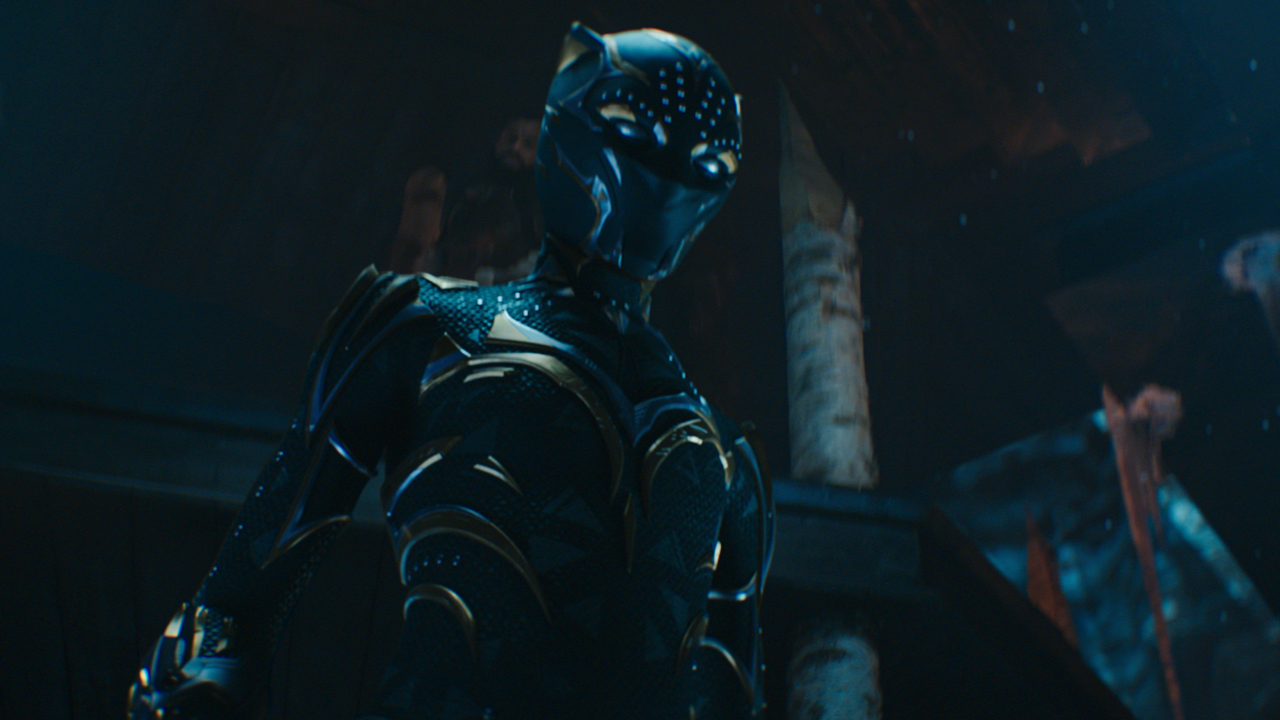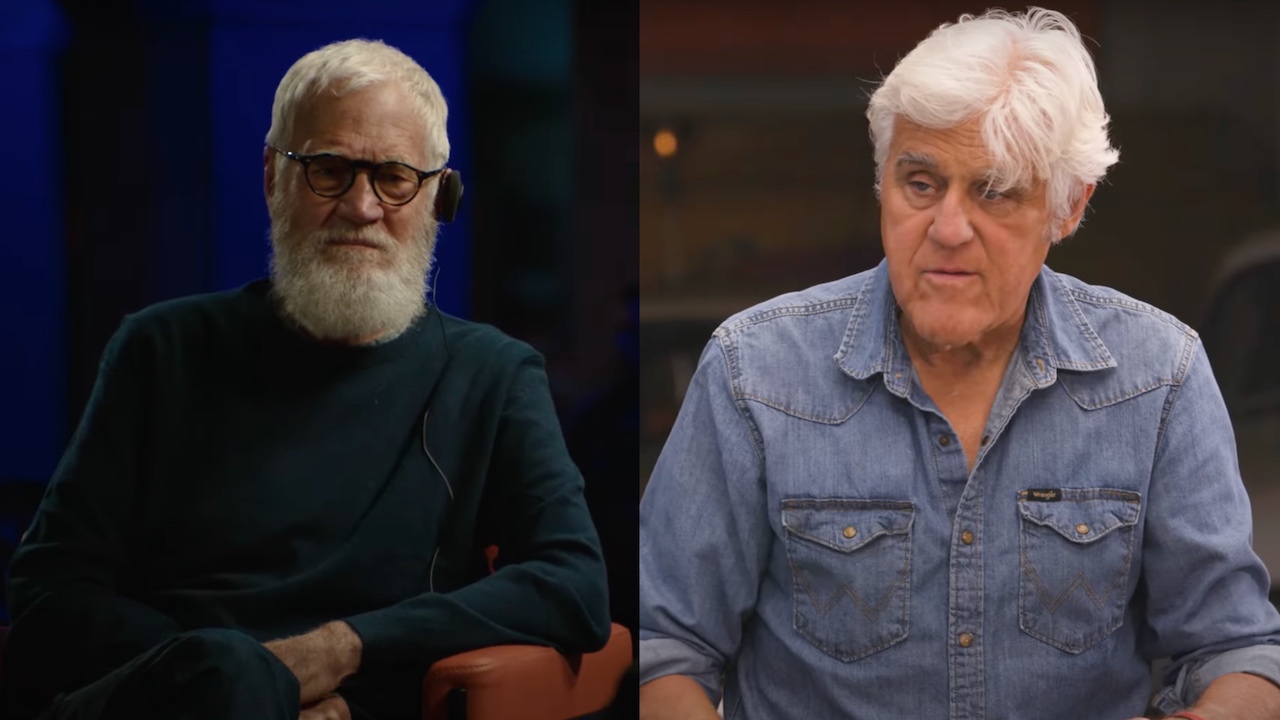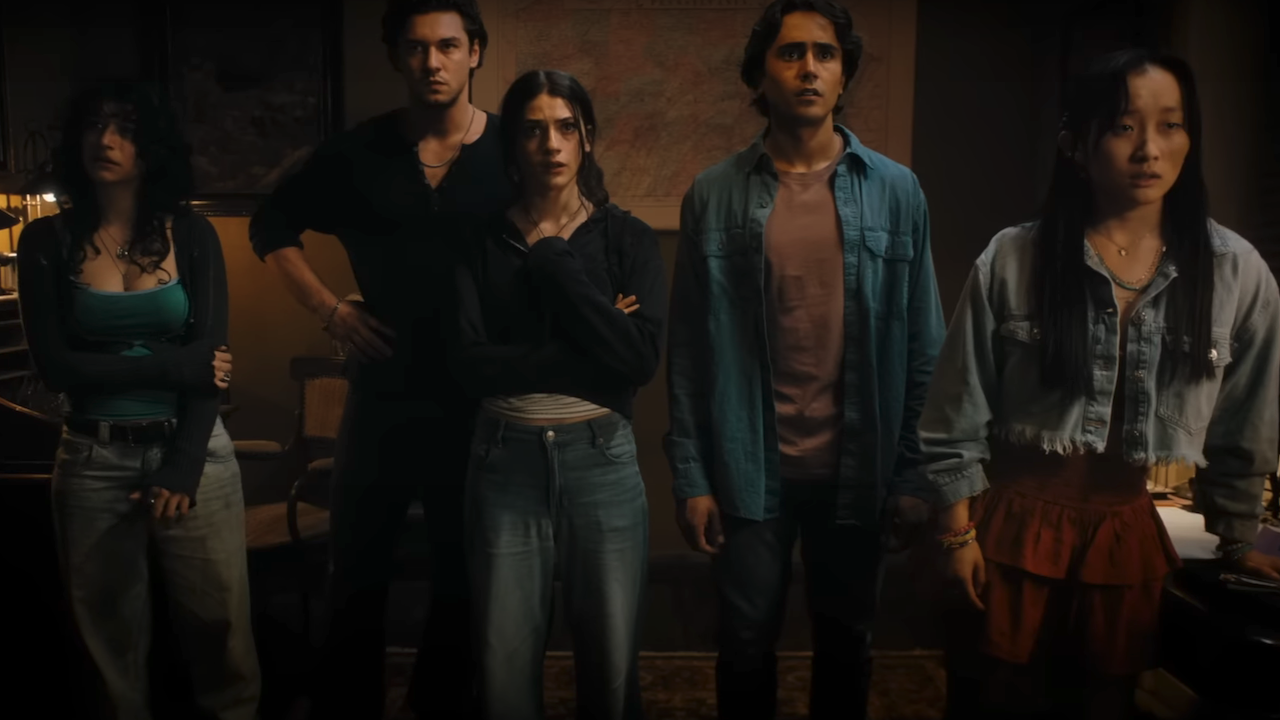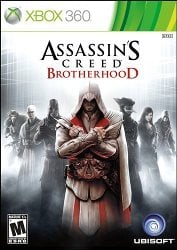
Ubisoft envisioned Assassin's Creed as a trilogy so the announcement of Assassin's Creed: Brotherhood was viewed with some suspicion. Rather than being the third and final installment of the series, it's a direct continuation of AC2. It seemed like Ubisoft was going to milk their prize cow. Whether or not that's true, the fact is that AC: Brotherhood has good reasons to exist.
The story of AC: Brotherhood picks up moments after AC2 concludes. Ezio and his fellow Assassins are still locked in a war with the Templars, a shadowy order that seeks to dominate the world. He travels to Rome in order to wipe out their leaders and steal back the Apple of Eden, an artifact of great power.
The framing story of the first two games makes a return as well. Modern day Assassin Desmond Miles is reliving Ezio's experiences using a device known as an Animus. By plumbing Ezio's memories, he hopes to find the Pieces of Eden being sought by modern Templars. However, because this series was envisioned as a trilogy and Brotherhood is just being shoved into the middle of it, this game doesn't need to advance that wider storyline any further. While some important events go down with Desmond and his friends, most of the game is devoted to Ezio's story. This is a shame because Ezio's tale really ended with AC2. He already defeated the Templars and acquired the Apple of Eden; in Brotherhood he's just doing that all over again. With regards to story, this is a really unnecessary sequel.
Brotherhood's gameplay also picks up exactly where AC2 left off. From early on, you get access to all of his old toys: the hidden blade, throwing knives, smoke bombs, hand cannon, etc. The changes to his arsenal are slight. The hidden blade can be upgraded to shoot poison darts, and the crossbow allows you to accurately make long range takedowns. Also, an upgraded sheath allows Ezio to carry heavy weapons like axes or claymores normally.
While there's little difference in what weapons Ezio uses, there's more variation in how he uses them. The combat system still rests on countering opponent's moves and delivering lethal executions. This time around, though, you can string executions together. While in the midst of a killing blow, you flick your analog stick toward another opponent and he too dies immediately by your hand. You can do this over and over again until you run out of enemies or one of them hits you. It's impressive to behold, especially with the new executions mixed in. More importantly, it prevents the long stalemates from AC2.
If Ezio wants someone dead, though, he doesn't need to do it himself. Throughout the game you'll recruit citizens of Rome and train them as Assassins. With a press of a button you can call them for assistance. They'll spawn nearby, pounce on enemies, and run away without a word. It's a big help with some of the larger battles in the game. For example, one of the main side missions of the game involves toppling the Borgia Towers that loom over parts of Rome. The first step in this process is taking out the local Borgia commander, who will attempt to hide in the tower if alerted to your process. There's often a lot of soldiers guarding him so you need your Assassin's help to make a quick strike.
Still, summoning Assassins makes things too easy. Even the most inexperienced Assassins are very effective in battle. You don't need to do any sort of strategizing; you point at the target you want them to assassinate and they handle the rest. They can die but it's extremely rare. They're easy to replace, anyway. With the costs or risks of using Assassins being so low, it's tempting to use them even in small fights. They quickly become a crutch.
CINEMABLEND NEWSLETTER
Your Daily Blend of Entertainment News
The Assassins have as little personality as the hirelings from AC2 (Thieves, Courtesans, and Mercenaries) who also return in this game. They're just bots that execute very specific tasks on your command. Every Assassin is recruited in the exact same way: they're being attacked by Templars, you rescue them, and they pledge loyalty to you. You send them on missions throughout Europe so they can earn you gold and also develop their skills. They can die (either in the missions or when you call them for assistance in the field) and therefore Ubisoft found it unnecessary to give these recruits personalities. They all say more or less the same line when you recruit them, you never see their missions, and you never talk to them after they're in your stable. I think Ezio's newfound role as a leader among the Assassins presents interesting story opportunities but this potential goes unfulfilled.
The economy system from AC2 is in Brotherhood as well but it's as sterile as recruiting Assassins. In AC2, Ezio was building up his family villa and the surrounding town but in this game you're renovating all of Rome. Instead of upgrading your local blacksmith gradually over time, you're opening up a dozen or so boarded-up blacksmiths. Granted, it's more convenient to have shops all over the place. You'll also be renovating banks so you can pick up income your real estate no matter where you are in Rome.
Still, sprucing up shops sprinkled throughout a huge city doesn't feel quite as satisfying as doing the same thing for a small town. For starters, the visual is less powerful. Also, opening up store after store becomes desensitizing. I'm supposed to feel good for revitalizing Rome or something but my attitude was always simply "I'm spending money to open this shop so it can give me more money over time." Opening a store had all the emotion of flipping a switch. These shops offer side quests that unlock new merchandise but these quests consist of you simply trading in trinkets you've found on dead bodies or chests. Perhaps if some effort was put into designing more complex store quests, I might've had more attachment to these properties and the people who run them.
As usual, the game world is filled out with side missions such as Assassination contracts. As in AC2, you'll use your platforming skills to get through a series of subterranean tombs so you can earn a set of legendary armor. The big new addition, though, is a series of optional quests involving Leonardo da Vinci. Your old friend from AC2 was forced to build war machines for the Templars so it falls to Ezio to put them out of commission. Each of these missions follows a distinct pattern: sneak into a base, burn the war machine's blueprints, steal the vehicle, kill lots of Templars using said vehicle, and then crash said vehicle and collect Achievement/Trophy.
The predictable rhythm of the da Vinci missions can be grating. The controls for these war machines - a bomber, tank, gunship, and chariot with machine gun - can be a bit awkward, too. What's nice about these missions, though, is that they actually require stealth. When first infilitrating enemy bases to get the blueprints, you'll fail if you're spotted. Stealth was rarely demanded of players in previous games so sneaking around was a refreshing change of pace.
The lack of stealth in other AC games is, to me, part of a wider flaw: those games didn't care how good of an Assassin you were. A player who runs up to his target, slashes him with a sword, and runs away is rewarded the same as a player who sneaks up on their target and quietly dispatches them when they're alone. Brotherhood lets these overachievers shine with a new Synchronization system. With each mission, you'll receive an optional objective such as "Kill your target with Hidden Blade" or "Don't kill any guards." If you complete that objective, you'll get Full Synchronization. Doing this enough times will allow you to unlock secret missions. You can now replay missions, too, so it's easy to go back and try to perfect your execution. They could've done more with this idea of grading performance - such as adding more than one optional objective per mission - but it's a step in the right direction.
The true test of assassination skills, though, comes in Brotherhood's multiplayer. Players choose from over a dozen different character models and spawn in crowded urban areas filled with A.I. that use those same models. Then, you're tasked with killing a specific player. By observing the crowd and your radar, you must locate your target and kill them. All the while, someone else is trying to find and kill you.
The multiplayer requires a different mind-set than, say, a first-person shooter deathmatch. When you spot your target, you have to suppress the urge to charge and kill them. You have to act inconspicuously, blending with the crowd. Your target can hit you with a carefully timed "stun" if they're expecting you, and you've got someone else trying to kill you so it's in your best interest not to stick out like a sore thumb. You need to be sure that you've in fact got the right person in your sights. If you kill another character, such as a civilian with the same model as your target, you lose that "contract" and must wait to be assigned a new one.
Point rewards are the ultimate incentive, though. You get more points for a quiet kill than a noisy one. The rewards for a stealth kill are several times that of a sloppy one so patience is a virtue. These points are what determine your rank in a match and also count toward your experience level. Each level unlocks new abilities to make you a better hunter or more elusive prey.
When you first step into the game's multiplayer, you will die a lot. There's a tutorial with only A.I. but it fails to prepare you for being hunted and the challenges that entails. Subsequently, the more advanced players are going to feast on your ineptitude. This is especially true with "Wanted," the most basic game mode in which eight players are hunting each other. "Manhunt," which splits the players into two teams of four, is more accessible because you'll have teammates to draw attention from you or defend you from pursuers. Most importantly, they provide a model for your behavior. As you work your way up in rank, you'll unlock "Alliance" - a battle between three teams of two - and finally "Advanced Wanted," which curtails the effectiveness of radar so you need to rely on your observational skills more.
The differences between the four game modes are admittedly small. For what it's worth, Ubisoft plans to add an Advanced Alliance mode and a ninth map in a free update next month. It's not a huge amount of content by modern multiplayer standards. Still, I think players will get more use out of it than, say, a FPS with twice as many game modes or maps. The fact is that Brotherhood offers a very different multiplayer experience than most games. It values patience and stealth over bunny-hopping and mashing buttons.
Brotherhood is a good value for an Assassin's Creed fan. It has a single-player campaign comparable in length and quality to that of Assassin's Creed II. The multiplayer is a hoot and captures the tension and danger of an assassin's life better than the campaign does. I can't fault Ubisoft for making a semi-sequel just to make money if it's actually worth the purchase.
Players: 1-8
Platform(s): Xbox 360, PS3
Developer: Ubisoft Montreal
Publisher: Ubisoft
ESRB: Mature
Rating:

Staff Writer at CinemaBlend.
NCIS: Origins' Showrunner Revealed 'The Real Highlight' Of Learning Season 2 Was Happening, And I Discovered They Pulled Off An Amazing Achievement In The Process
Why One The Summer I Turned Pretty Fan Thinks A Parallel Between The Latest Poster And An Audrey Hepburn Movie Spoils The End
I Talked To The Wedding Banquet Director About My Favorite Scene, And Turns Out Youn Yuh-Jung Actually Had A Key Note That Made It Better

